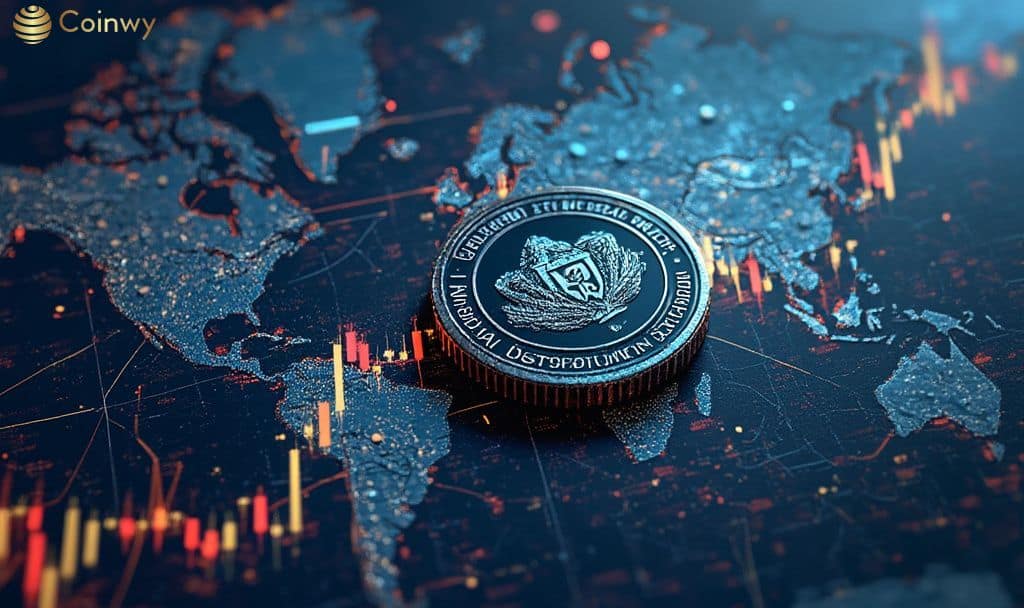- IMF’s CBDC control initiative influences market regulations.
- IMF uses tech to enhance digital currency management.
- Geofencing may alter cross-border financial protocols.
The IMF has released new guidelines detailing the use of CBDC geofencing and time-based rules, impacting privacy and regulatory frameworks across central banks globally.
These guidelines could reshape financial regulations, emphasizing privacy while potentially influencing cryptocurrency markets and affecting cross-chain liquidity dynamics.
The International Monetary Fund (IMF) is strengthening its role in CBDC control by implementing geofencing and time-based rules. These enhancements aim to address privacy and regulatory challenges, as noted in recent IMF Fintech Notes.
Key figures in this initiative include IMF leadership and central bank representatives. They are involved in guiding CBDC pilots, focusing on geofencing and offline capabilities. Collaborations with payment platforms enhance these deployments.
These developments are likely to impact cross-border financial activities and associated industries.
Geofencing technologies may modify transaction paths and liquidity flows, affecting stakeholders both regionally and globally. As pointed out by the IMF CBDC Progress Report, “Having appropriate frameworks in place can ensure CBDC data use be in accord with other regulatory regimes, such as anti-money laundering… (AML) and combating the financing of terrorism (CFT) laws and regulations.”
The implementation of time-based rules introduces new dimensions to financial compliance, forcing industries to adapt dynamically. The IMF emphasizes that regulatory oversight remains a vital aspect amidst evolving technology, as discussed in their Technology Solutions publication.
IMF’s CBDC strategies are poised to set precedents in digital currency governance. These efforts may pressure existing cryptocurrency frameworks to ensure operability and compliance across different jurisdictions.
Insights suggest potential financial growth or restrictions relating to these enhancements. Pilot projects conducted by central banks will provide critical data to further refine geofencing and privacy controls in the evolving digital landscape.






